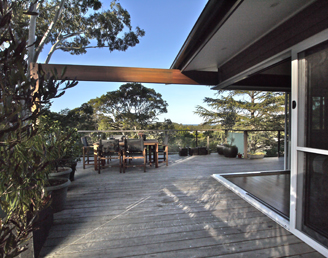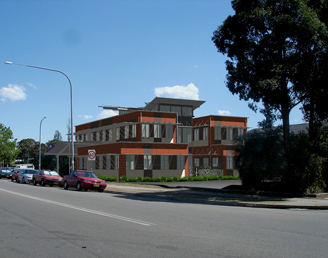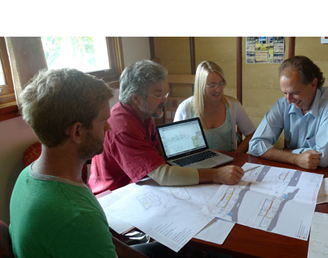We need a population policy – urgently!
Posted by admin on 10/12/2010 at 9:37 amI cannot design a building without knowing how many people are going to occupy it. Yet this is exactly how we are designing the future Australia – just bumbling along with no plan as to how many people we will end up with, or what “end up” even means. If farmers carried stock this way they would either go broke, destroy their country, or both simultaneously. If an airliner captain had no idea how many people he could carry, he may well overload and crash off the end of the runway. How can we put up with successive governments not having a plan?
Note right now loud and clear – this issue has NOTHING to do with xenophobia. It obviously involves immigration, but it IS NOT ABOUT limiting refugees or people of different cultures. Got that, Alan Jones, Andrew Bolt?
There is a Minister for Population (Tony Burke) – that’s a start, and the feds recently commissioned a study, but it failed to look ahead in any meaningful way. Looking ahead is what you may have expected such a study to do, but methinks they is whimps down in Canberra – scared of raising sensitive issues, possibly because the ‘Sensitive Issues Which The Shock Jocks and Murdoch Press Rip Us Apart On’ drawer is already overflowing. That may be, but true leadership is not swayed by empty argument. But then, true leadership is not always very evident in Canberra these days, least of all at Question Time. Christopher Pyne please note.
Professor Graeme Hugo, director of the Australian Population and Migration Research Centre at the University of Adelaide, is also critical of the recent report. He says Australia needs a bipartisan vision for its future population to make best use of the regions and manage an ageing population. He said all Australians needed to be engaged in the discussion and all issues should be considered. Did you get that use of the word “all”? Rednecks and scaremongers please re-read paragraph 2, above. This debate must be free of such distractions, and focus on the raw ecological economics*.
EcoNews carries this report in today’s edition:
A leading academic has said Australia needs a bipartisan vision for its future population to make best use of the regions and manage an ageing population.
Professor Graeme Hugo, director of the Australian Population and Migration Research Centre at the University of Adelaide, said all Australians needed to be engaged in the discussion and all issues should be considered.
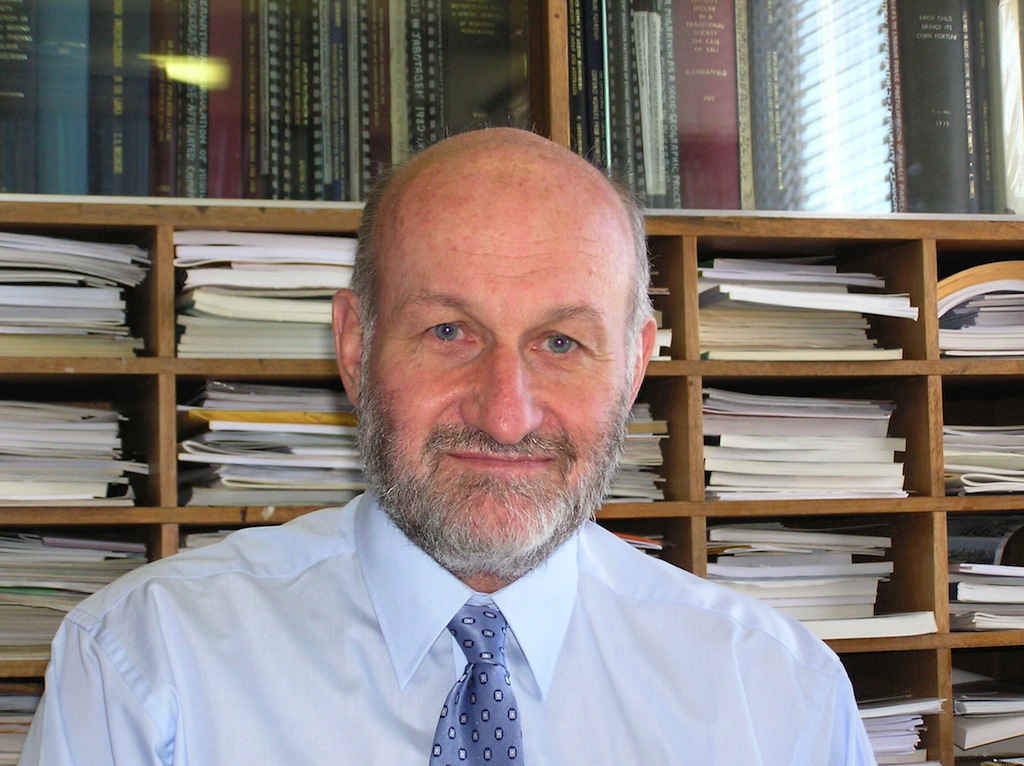
This includes immigration, climate change, ageing, economic impacts and the environment.
“For a long time, the population debate has been a divisive and an ill-informed one,” Professor Hugo told the Australian Academy of Science in Australia’s national capital, Canberra.
“Having a vision for Australia is absolutely crucial,” he said.
“Scoring political points on population gets no points. I think the approach has to be bipartisan.”
Australia’s population growth will mostly be in the numbers of older people and the number of young people won’t increase that much, Professor Hugo said.
That means planning is crucial for public and other infrastructure.
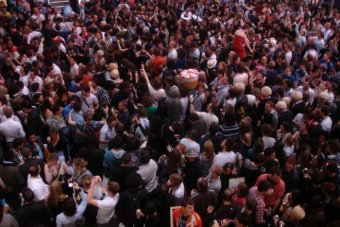
Professor Hugo said a recent government report on a sustainable population strategy for Australia was disappointing.
He said it failed to address issues of future population size, composition, distribution, the role of international migration, baby boomers or regional demographic issues.
Professor Hugo said future growth predictions opened the opportunity to locate new growth differently.
It is a myth that the regional population is declining and that immigrants won’t settle outside cities, Professor Hugo said.
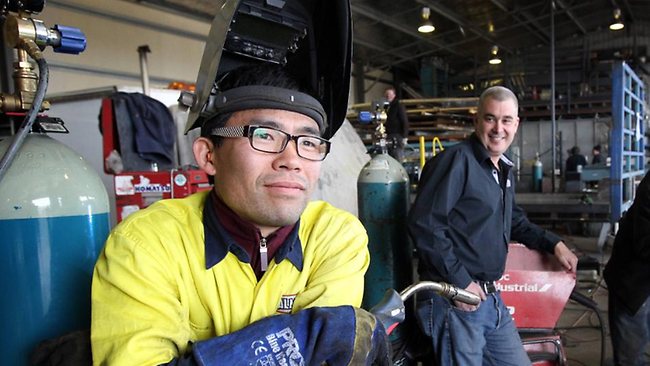
One third of Australians live outside capital cities and more immigrants are moving to the regions thanks to mining and other industries.
Wheat and sheep farming areas were declining, as were some small country towns and some regional and mining industrial areas although tree change and sea change had an impact.
Areas near large cities were growing, as were some regional areas and some mining and tourism areas.
Professor Hugo said cities were magnets for young adults, but once they hit their ‘30s people were moving back to regional areas.
EcoNews is a terrific free daily digest of the top critical news stories of the day, with a bent towards the ones that matter in terms of ecological survival. Subscription recommended!
*ecological economics – oh you read this far! I love you! Coupling these two terms is a way of engaging with those in our business and political communities who only respond to things by their $ value, at the same time as subtly reminding them that the economy is a wholly owned subsidiary of its supporting ecology. There are no jobs on a dead planet, to quote somebody wittier than I. (Or, ‘wittier than me’ for the grammar pedants, but ‘I’ sounds much more dramatic. As my Year 12 English teacher used to say “We should be good users of English, not just users of good English”. Feel free to use that one.)
Dick Clarke, 10 December 2012.
Sustainable House Design
We will help you create a family home that works well, feels good, is kind to the environment, culturally appropriate and reduces your energy and running costs.
Read MoreSustainable Commercial Buildings
We design your building to help reduce your operating costs, optimize the life cycle of your building, increase your property value and increase employee productivity.
Read MoreWorking with Envirotecture
We design beautiful, sustainable buildings that work for you, your family or your business. Full range of building design, consulting and training services.
Read More
